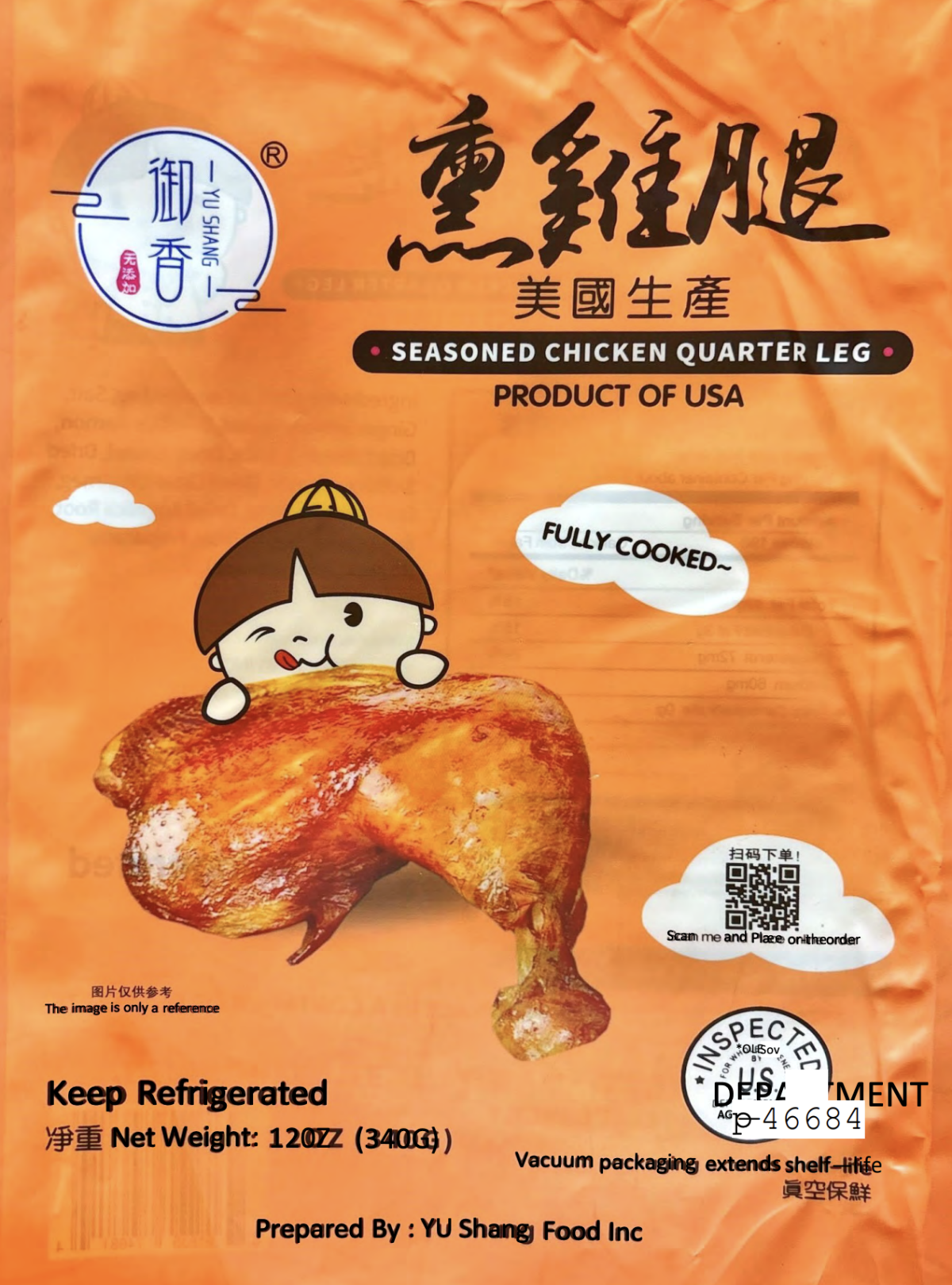California infant dies from listeria amid outbreak tied to ready-to-eat meat products

- Share via
A California infant has died from listeria amid an outbreak linked to certain ready-to-eat meat and poultry products that have been recalled.
Eleven people across four states have been infected with the outbreak bacterial strain, according to the U.S. Centers for Disease Control and Prevention, and nine of them have been hospitalized. Seven cases have been reported in California, two in Illinois, and one each in New York and New Jersey.
Heath authorities did not provide any additional information on the infant who died in California, including where in the state it lived.
The recalled products are distributed by Yu Shang Food Inc. of Spartanburg, S.C., and labeled as being produced in the United States and needing refrigeration. More than 72,000 pounds of meat and poultry products have been recalled, the U.S. Department of Agriculture’s Food Safety and Inspection Service said.
The safety of mass-produced food has improved dramatically in recent decades, but listeria, a common type of bacterium, presents unique hurdles.
Routine testing of Yu Shang Food’s products uncovered listeria bacteria, the Food Safety and Inspection Service said. A full list of affected products is available here. Recalled products should be returned or thrown away, health officials say, and residents should also clean any refrigerator, surfaces or containers that may have come into contact with them.
According to the CDC, people with listeria can start to feel sick within two weeks after eating contaminated food. Symptoms can start as early as the same day as eating the infected food, or as long as 10 weeks later.
Symptoms can include headache, muscle aches, fever, confusion, loss of balance, stiff neck and diarrhea.
A federal court has ordered Rizo Lopez Foods to shut down after a listeria outbreak that was linked to two deaths and multiple hospitalizations.
Those most at risk from listeria are older people, pregnant women, newborns and those who are immunocompromised.
“In pregnant women, the infection can cause miscarriages, stillbirths, premature delivery or life-threatening infection of the newborn,” the Food and Safety Inspection Service said.
People infected with listeria can be treated with antibiotics.
More to Read
Sign up for Essential California
The most important California stories and recommendations in your inbox every morning.
You may occasionally receive promotional content from the Los Angeles Times.
















